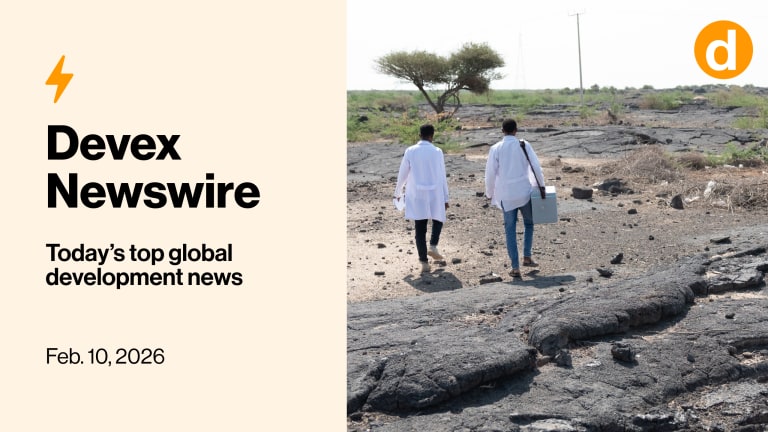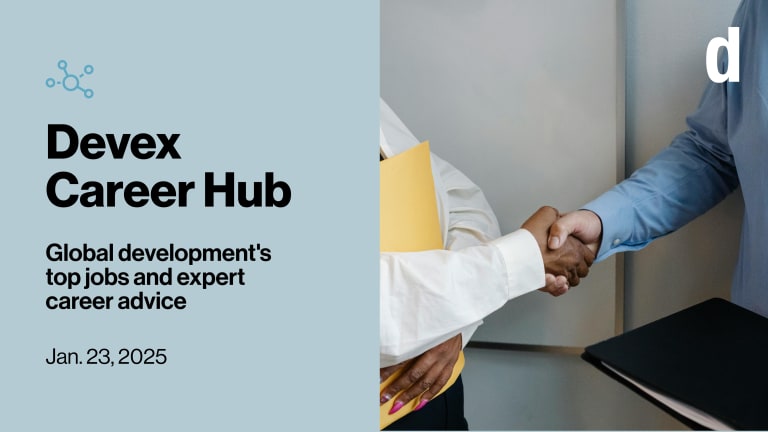Getting into the Inter-American Development Bank Young Professionals Program, similar to its counterparts at other development banks, is tricky. From about 4,000 candidates, the bank eventually chooses only eight to 12 to participate in the program.
So what’s their secret?
Devex spoke with an informed source within the bank, who prefers not to be named, to know the profile of successful candidates and details of the recruitment process. Read on so you can prepare for the next application round, which opens sometime in June.
Printing articles to share with others is a breach of our terms and conditions and copyright policy. Please use the sharing options on the left side of the article. Devex Pro members may share up to 10 articles per month using the Pro share tool ( ).








